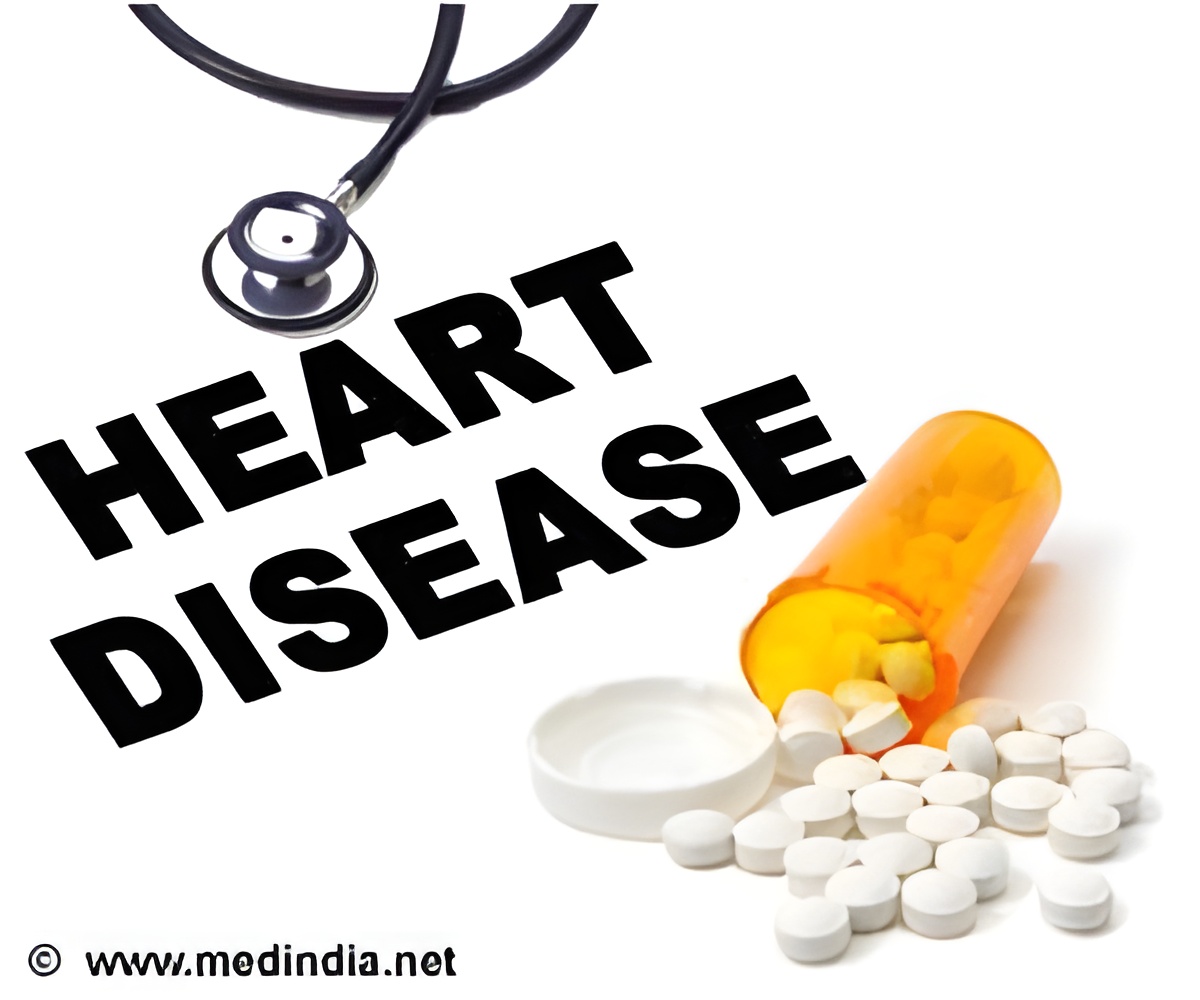Cardiologists from Johns Hopkins University have written a new feature published in the Journal of the American Medical Association (JAMA)

The commentary advocating use of statins for primary prevention was written by Johns Hopkins cardiologists Michael J. Blaha, M.D., M.P.H., Khurram Nasir, M.D., M.P.H., and Roger S. Blumenthal, M.D., a professor of medicine and the director of the Ciccarone Center for the Prevention of Heart Disease at Johns Hopkins. The opposing viewpoint is presented by Rita Redberg, M.D., professor of medicine and director of women''s cardiovascular services at the University of California, San Francisco.
In their commentary, the Hopkins cardiologists note the importance of lifestyle changes, such as a healthy diet and exercise, in lowering the risk of cardiovascular disease. "As always, lifestyle change is the first-line therapy." They add, "However, if this patient''s cholesterol level remains abnormal, despite sustained attempts at lifestyle optimization, statin therapy should be considered, with the goal of reducing CHD (coronary heart disease) risk."
To support this argument, they cite four major placebo-controlled studies showing that statin therapy used to reduce cholesterol-in particular LDL, the "bad" form of cholesterol-reduced the incidence of heart attack and death significantly among people who had high cholesterol levels but were otherwise at low risk for developing heart disease.
They also suggest that a way to sort out who would be the best candidates for statin therapy is to offer them a coronary artery calcium (CAC) scan, an imaging test that directly shows the amount of calcification in heart arteries that can lead to a heart attack. Large studies published by Johns Hopkins researchers have confirmed the usefulness of CAC in determining risk among their patients, helping doctors decide who needed statin therapy to lower their risk.
The Hopkins cardiologists also dispute the main arguments used by those who are against prescribing statins to prevent cardiovascular disease. Adverse effects, such as muscle pain, they say, are infrequent and reversible when the medication is stopped. They contend that there is no evidence from randomized trials that statins lead to cognitive impairment or memory loss; in fact, they say, there are data showing that statins may improve memory. Also, the risk of type 2 diabetes associated with statins is minimal, especially compared with the benefits in reducing heart attacks. And improvements in diet and weight can negate modest increases in blood sugar associated with statins, they say.
Why not wait until a heart attack or stroke to prescribe statins for those with multiple risk factors? The Hopkins cardiologists argue that would be like shutting the barn door after the horse has escaped: "There''s no apparent logic in waiting for a myocardial infarction (heart attack) or stroke to occur before starting a risk-reducing therapy."
Advertisement
Finally, they tackle the cost argument-Is taking statins cost-effective? Now that generic statins are on the market at about $4 to $5 a month, Blumenthal and colleagues assert that cost is becoming less of a major factor.
Advertisement
"This new JAMA Viewpoint feature is of great importance to clinicians, policy makers and clinical researchers," says Blumenthal. "It is a prominent venue to stimulate debate on this and other crucial issues that all adults should discuss with their physicians."
# # #
Source-Newswise














